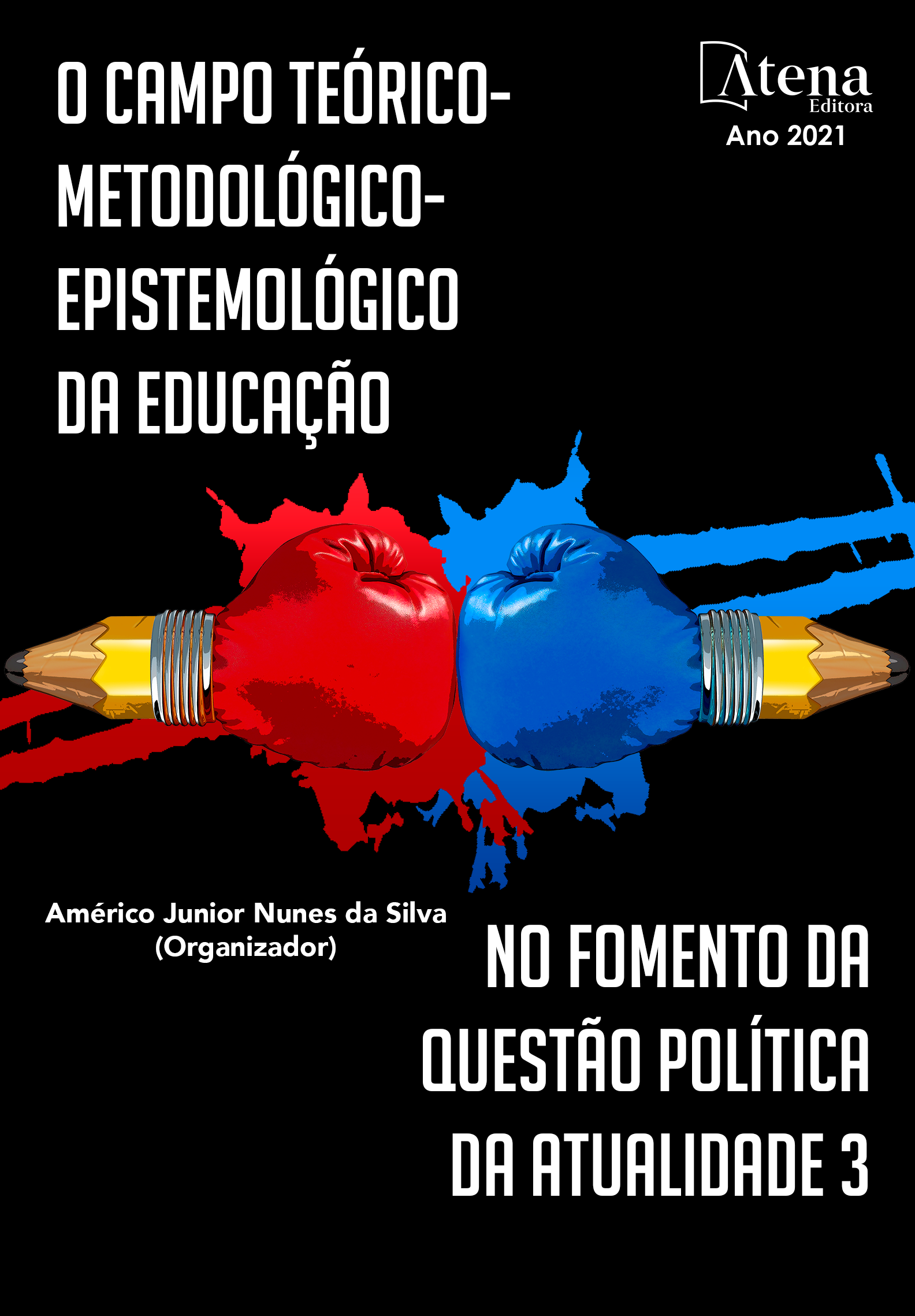
O ENSINO REMOTO DE SUPORTE EMERGENCIAL À VIDA: DIFICULDADES E FACILIDADES ENCONTRADAS POR PROFESSORES E ALUNOS DAS ETECS
A pandemia do COVID-19 trouxe um novo desafio às escolas. O ensino remoto emergencial se apresentou como solução para continuidade do processo educativo e respeito à imposição de isolamento social. Este artigo discute as facilidades e as dificuldades encontradas por alunos e professores do componente curricular Suporte Emergencial à Vida, do curso técnico em segurança do trabalho oferecido pelo Centro Paula Souza. Trata-se de estudo quanti-qualitativo composto por uma amostra de 30 docentes e 575 alunos. Para os docentes a maior dificuldade é manter o caráter prático do componente curricular. Os alunos que cursaram o componente presencialmente se sentem mais capazes de avaliar uma vítima do que os que cursaram remotamente.
O ENSINO REMOTO DE SUPORTE EMERGENCIAL À VIDA: DIFICULDADES E FACILIDADES ENCONTRADAS POR PROFESSORES E ALUNOS DAS ETECS
-
DOI: 10.22533/at.ed.30121250316
-
Palavras-chave: Ensino remoto emergencial, Suporte emergencial à vida, Segurança do Trabalho
-
Keywords: Emergency remote teaching, Emergency life support, Occupational Safety
-
Abstract:
The COVID 19 pandemic has brought new challenges to schools. The emergency remote teaching has emerged as a solution for keeping the educative process respecting the social distancing imposition. This report discusses the facilities and difficulties found by teachers and students from the Emergency Life Support discipline, from the Occupational Safety Technician Course, ministered by Centro Paula Souza. It is a quantitative and qualitative study that has had 30 teachers and 575 students interviewed. For the teachers, the greatest difficulty is to keep the practical aspect of the discipline. Students that attended the standard classroom course feel more capable of evaluating a victim than those students who have attended the course remotely.
-
Número de páginas: 10
- Bruno Leandro Cortez de Souza
- Joyce Maria da Sylva Tavares Bartelega
- ANA CECÍLIA CARDOSO FIRMO


